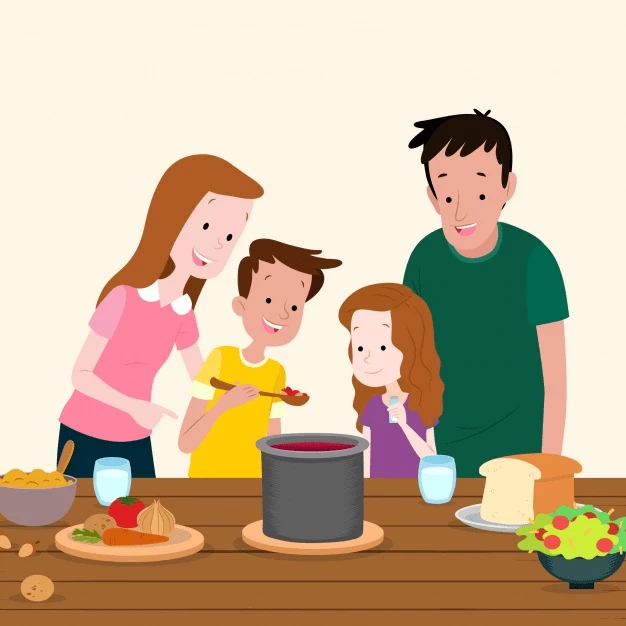Linking verbs
In English there is a very special type of word. Bearing the name of a verb but itself does not refer to an action. Speaking of which, do you know what it is? That is the linking verb. Join EnglishTopVN to learn interesting knowledge about linking verbs now.
1. Concepts
|
Linking verbs are verbs used to express the state of the subject instead of expressing an action. The linking verb is followed by an adjective or a noun phrase. |
- Normally, to express the state of the subject, we use the verb "to be".
For example:
- Adam is a 30-year-old man. → Adam = 30-year-old man
- Jenny was scared of thunder. → Jenny = scared
Besides the verb "to be", we can also use other linking verbs to express the state of the subject.
For example:
- You seem happy. → You = happy → You look happy.
- She sounded more confident than she felt. → She = more confident
- My father became a high school teacher at 22. → My father = high school teacher
- After the linking verb is an adjective or a noun phrase:
- Train fares are likely to remain unchanged.= Train tickets may not change.
→ After linking verbs remain is an adjective unchanged. - They remained good friends in spite of their quarrel.
→ After linking verbs remain is a noun phrase good friends.

They remained good friends in spite of their quarrel.
2. Some common linking verbs
Some common linking verbs are:
- feel
- look
- sound
- smell
- taste
- appear
- seem
- prove
- grow
- remain
- stay
- become
- get
- turn
For example:
- I feel sorry for his loss.
- Dinner smells good.
- The company is growing bigger and bigger.
- He never stays angry for long.
- The weather has turned cold.
It has become cold.

Dinner smells good.
3. Adjectives come after linking verbs
- After linking verbs, we use adjectives, not adverbs.
Let's compare:
-
He spoke intelligently. (Intelligently is an adverb that tells you how the person talks.)
(He spoke wisely.)
-
He seems intelligent. (Intelligent is an adjective, it tells you about the person instead of saying He is intelligent. Seem is a linking verb.)
(He seems smart.)
4. Other uses
Some linking verbs are also used with other meanings as a regular verb. In this way, they are used with adverbs, not adjectives.
Compare:
- The problem apppeared impossible.
Do not use:... impossibly.
- Isabel suddenly appeared in the doorway.
Do not use: ...sudden...
Other verbs that can be used in both ways are look, taste, and feel.
5. Talk about change
Some linking verbs are used to talk about changing or remaining unchanged. Common verbs are become, get, grow, go, turn, stay, remain, keep.
For example:
-
It's becoming/getting colder.
-
How does she stays so young?
-
I hope you will always remain so happy.
-
The leaves are going/turning brown. brown.
6. Other verbs are followed by adjectives
- Sometimes other verbs can also be followed by adjectives. This happens when we are focusing on describing the subject of the sentence and not the action of the verb. Common verbs are sit, stand, lie, fall.
For example:
- The valley lay quiet and peaceful in the sun.
- She sat motionless, waiting for their decision.
- He fell unconscious on the floor.
Do not use: ...unconsciously...
Adjectives can also be used in structures verb + object + adjective to describe the object of the verb.
For example:
- New SUPER GUB washes clothes SUPER WHITE.
Do not use: ...whitely...
He pulled his belt tight and started off.
Do not use: ...tightly...

